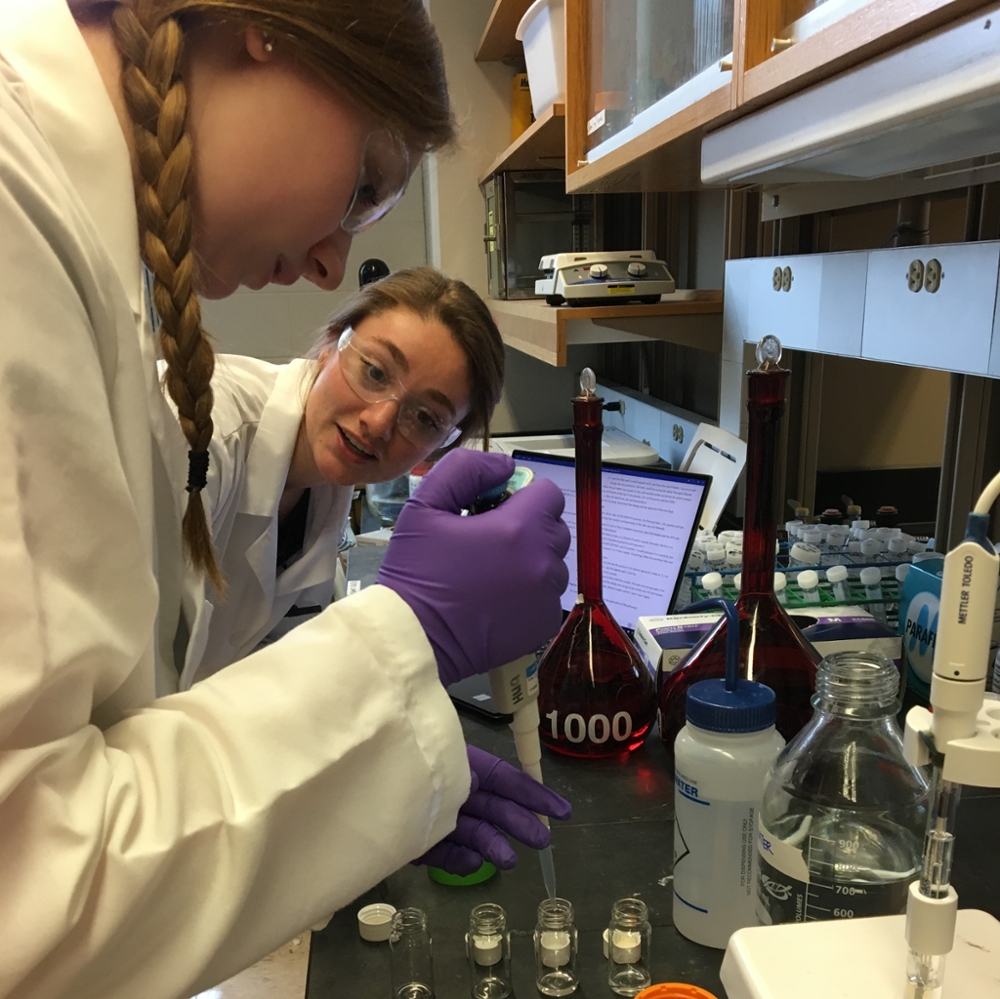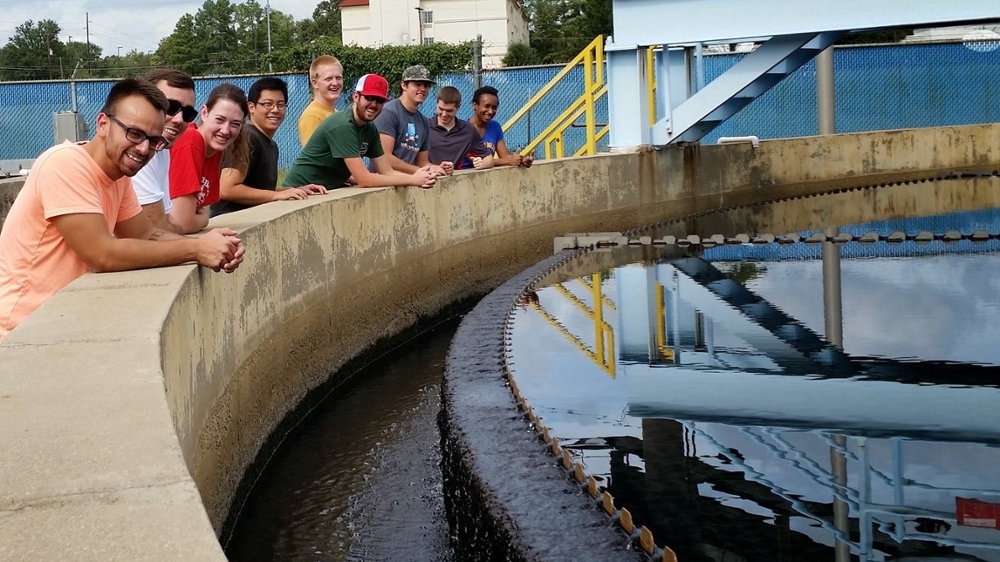Degree Information
BSCE - Environmental Concentration
The Bachelor of Science in Civil Engineering – Environmental Concentration is a new degree at LeTourneau University involving a curriculum of 127 semester hours. This new degree offers students the opportunity to specialize into the field of environmental engineering through an exposure to the areas of water treatment, wastewater treatment, air pollution control, and hazardous waste.
To learn more about course requirements
- view program details in our current catalog
- see our most recent suggested course sequence
- view the list of approved electives for this degree
The Bachelor of Science in Civil Engineering, including the concentration in Environmental Engineering, is accredited by the Engineering Accreditation Commission of ABET, https://www.abet.org.
Project Highlights
As a specialization of civil engineering, the environmental engineering concentration maintains the LeTourneau civil engineering belief that the best student learning includes hands-on experience. Working alongside civil engineering students, environmental engineering students will be designing, building and testing throughout their education. A few examples from recent years of student projects include:
- Cantilever bridge design project - Freshman students work in teams of four to build 20-ft bridges out of wood and steel cables, then test their strength by loading them with up to 1500 lbs.
- Concrete mix design project - Sophomore students work in pairs to follow national design standards to develop a concrete mix to specifications, then produce and test concrete cylinders and beams to evaluate their designs.

- Water treatment project - Junior students work in small groups to design, build, and test a water treatment system capable of autonomously treating 50 gallons of river water to produce drinkable water.
- Residential utility project – Junior students work in pairs to design a residential development including streets, water, wastewater and stormwater utilities. Final presentations were made to the Longview City Engineer to also gain feedback and valuable presentation experience.

- Wastewater treatment project – Senior students independently evaluated actual ongoing operational issues at a local wastewater plant and presented their recommendations to city engineers for consideration for implementation.
- Senior design project - All senior engineering students spend two semesters working on a capstone engineering design project. Recent civil engineering projects have included the hydraulic design of a recreational lazy river, development of a 3D-printing concrete tool, and participation in a disaster relief shelter design competition. Find out more about our senior design projects at LeTourneau University!
Interesting Classes You'll Take
As the relationship between humankind and our environment is extremely complex, environmental engineers should have a broad understand of the various factors that should be considered when designing their systems. Some examples of interesting courses you will take while earning a civil engineering degree at LeTourneau University include:
- Sustainability and Stewardship - learn about professional responsibilities regarding sustainable practices, particularly in the context of the unique calling to care for God's creation
- Environmental Engineering - learn about water and wastewater treatment, air and water pollution, solid and hazardous waste, and quality testing standards
- Geotechnical Engineering - learn about physical and mechanical properties of soils along with soil testing standards for earthwork and foundation applications
- Air Pollution and Solid Waste – learn about systems and techniques to responsibly control air pollution and solid waste handling
- Water and Wastewater Engineering – learn about design of systems for water treatment for safe consumption by people and wastewater treatment for environmental release
- Hydraulic Analysis - learn incompressible fluid mechanics and applications to water systems, including fluid statics, pipe networks, pumps, channels, and flow measurement
- General Science courses including Biology, Chemistry, Physics and other Earth Sciences
- Your choice of many elective courses - steel design, concrete design, wood design, transportation engineering, construction engineering, introduction to surveying, and more!
What can you do with an environmental engineering degree?
With an environmental engineering degree, graduates may choose from a number of industry career options. A few possible career choices include:
- Environmental Engineer
- Water Resources Engineer
- General Civil Engineer
- Hydrologist
- Project Manager
- Geotechnical Engineer
- Public Health Engineer
- City/County Engineer
- Self-Employer
- Civil Engineering Consultant
Some students desire to specialize in one or more fields of environmental engineering and choose to attend graduate school after the completion of their undergraduate degree. To find out more about the jobs and graduate schools our students have gone to, check out the LeTourneau University Career Advantage.